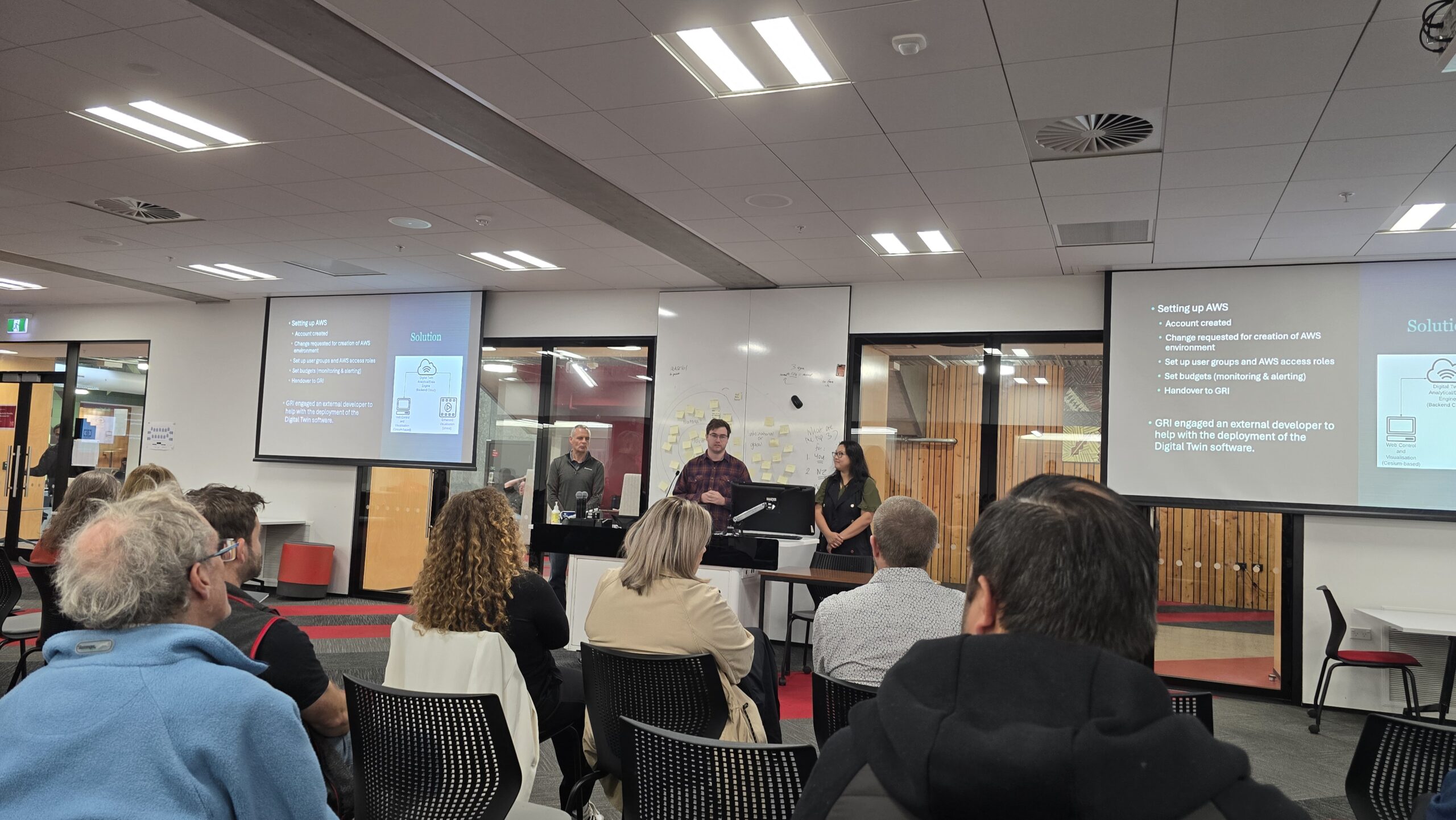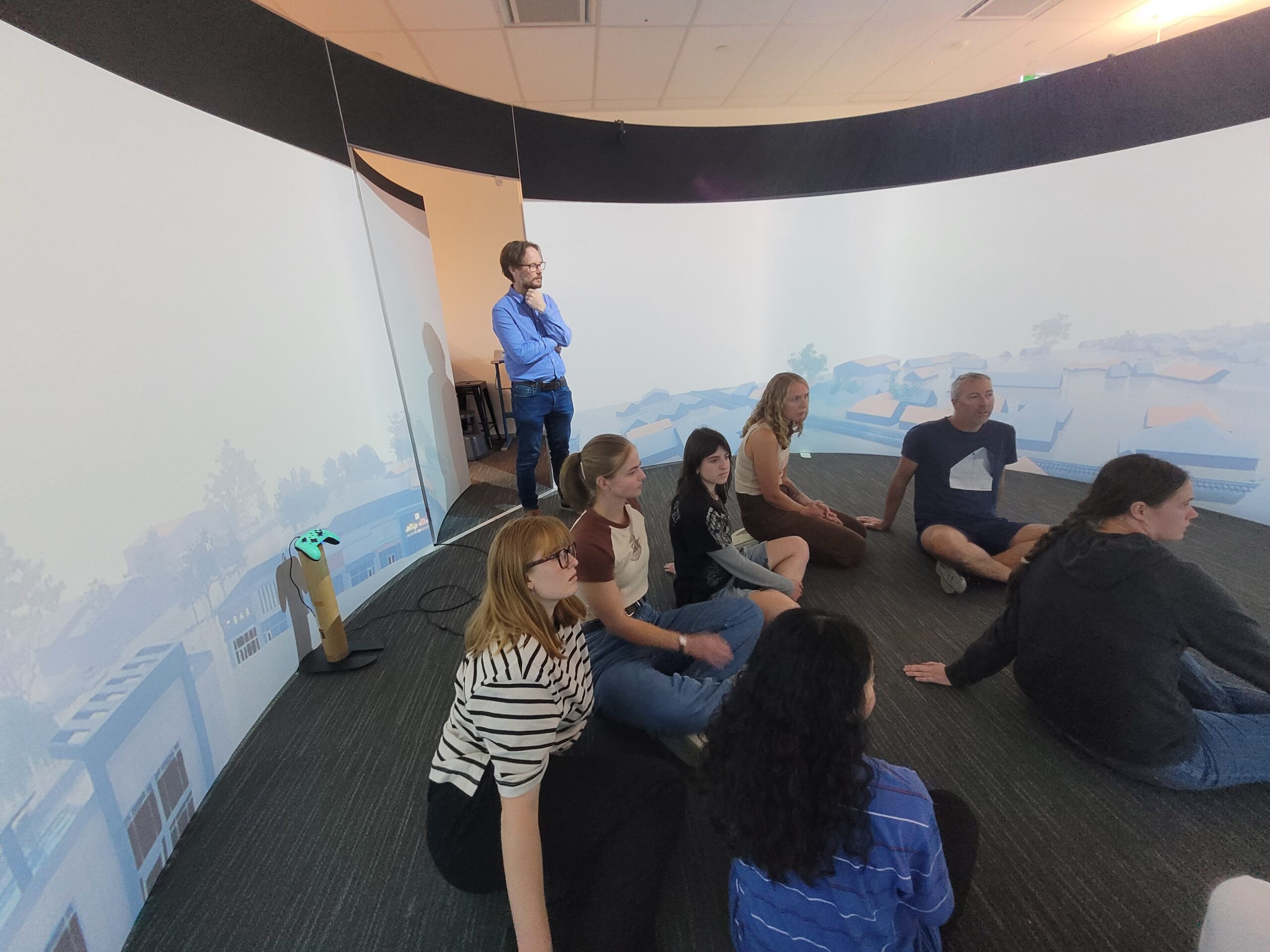Jennifer Brown, School of Mathematics and Statistics, University of Canterbury
Trends in Environmental Sampling
Spatially balanced sampling is becoming a popular design for surveys in biological and environmental management. In large scale surveys the use of a spatially balanced design gives some assurance that there will be spatial coverage over the entire area. The resultant sample should be representative of the population of interest.
The development of spatially balanced designs started with Generalized Random Tessellation Stratified sampling (GRTS), and here we introduce a new design called Balanced Acceptance Sampling (BAS). The BAS design allows surveys to be balanced in dimensions higher then two (n-dimensional space). In ecological surveys BAS can be used to ensure balanced coverage over both the geographic space and dimensions related to factors such as ecological threat, conservation status, species population structure, and the time interval of repeat site surveys.
Coffee, tea, a light snack and networking will be served from 12.30 and the seminar will start at 1pm.
Please circulate and share this information with others who you think may be interested: all are welcome.
GIS seminar room
Room 263, Ernest Rutherford Building, University of Canterbury,
Christchurch



